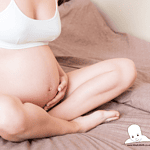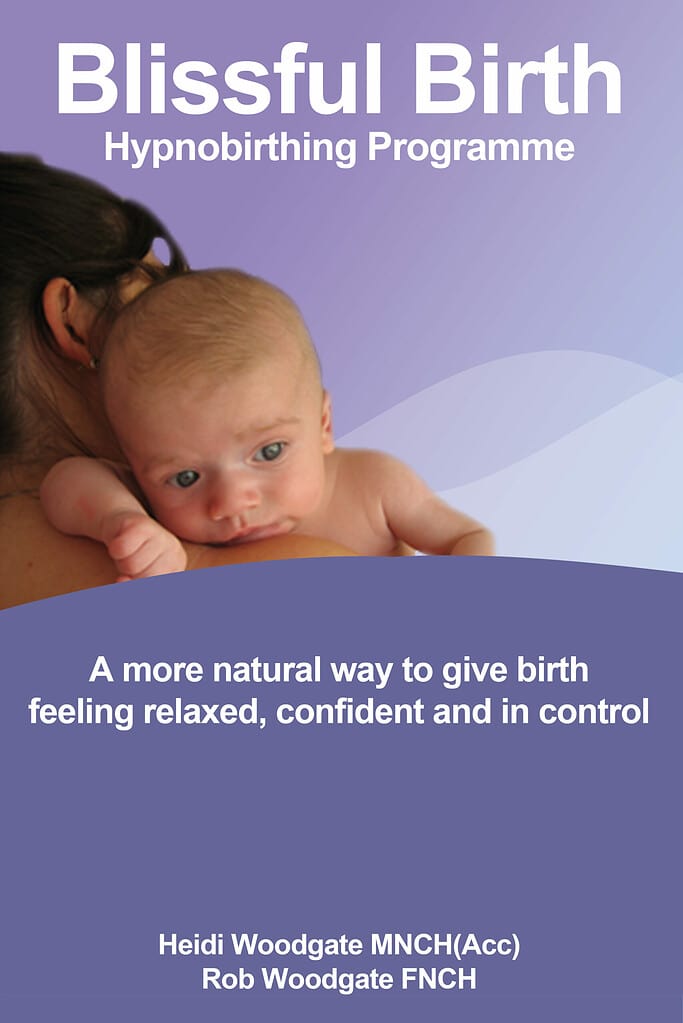Scientific research has consistently found that cognitive and behavioural approaches, and hypnotherapy, work better than other forms of therapy. New research confirms that used together, they are the most effective.
Research by Smith et al (1980), who conducted a meta analysis of 475 controlled studies employing tens of thousands of participants, measured the “effect size” of different types of psychotherapy, and found that only four categories performed better than the average of all therapies. Specifically,
“Cognitive, cognitive behavioural therapies, hypnotherapy, and systematic desensitisation appeared most effective.” (Smith et al., 1980: 124).
Efficacy of Different Modalities of Psychotherapy
(Smith et al.)
1. “Other cognitive therapies.”
(Including Cognitive Hypnotherapy, d=2.38)
2. Hypnotherapy.
(Mainly of a psychodynamic nature, d=1.82)
3. Cognitive-behavioural therapy.
(d=1.13)
4. Systematic desensitisation.
(Which often employed hypnotic induction, d=1.05)
Comparison of Effect Size Graph
It appears that the use of hypnotherapy creates a “synergistic” effect when combined with cognitive-behavioural therapy.
This conclusion has been supported by the multi-factorial, controlled studies of Donald Tosi and his colleagues, which established the benefits of Cognitive Hypnotherapy over either traditional hypnotherapy or CBT alone for a range of conditions.
Similarly, an influential meta-analysis of 18 controlled studies, using 577 subjects, published by Irvine Kirsch proved that 70% of CBT clients experienced more improvement when CBT was combined with hypnosis (i.e. Cognitive Hypnotherapy).
As experienced Cognitive Hypnotherapists ourselves, it is great to see the approach we use being scientifically validated (and proven most effective!).
And, of course, the Blissful Birth programme is firmly based on the principles of Cognitive Hypnotherapy.
Well, what else would you expect!
Bye for now,
Heidi




